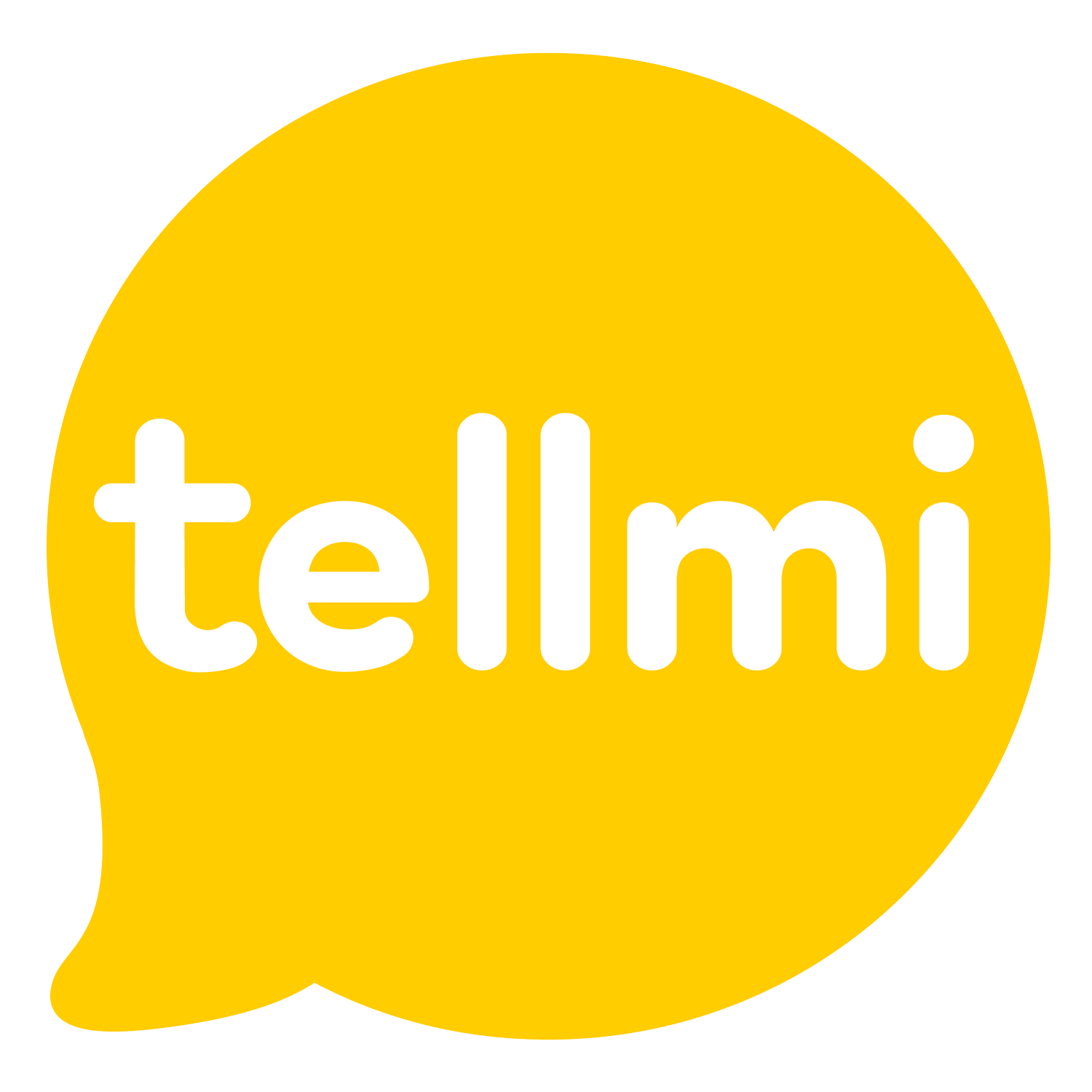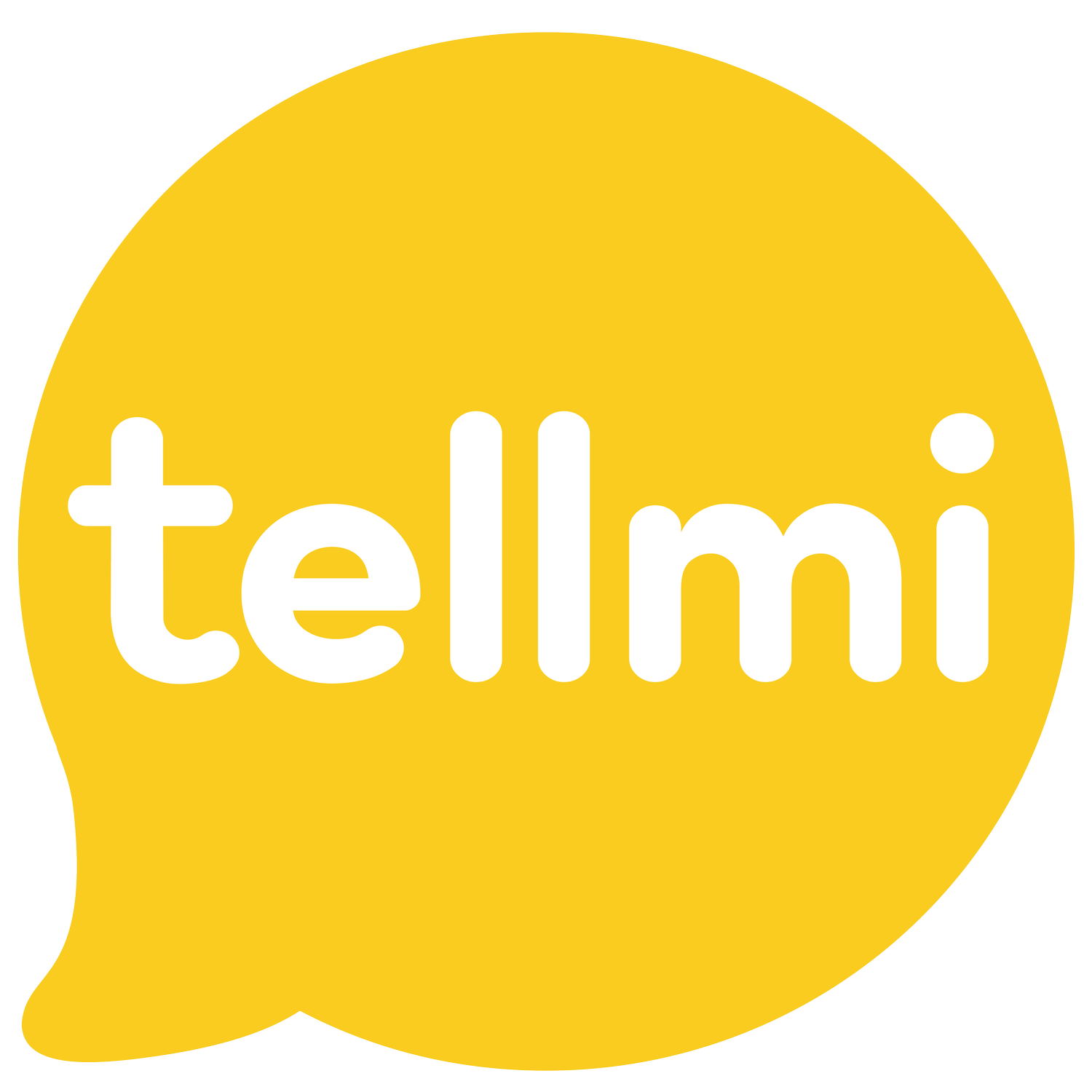How Digital Peer Support Can Be Harnessed to Address the Mental Health Crisis
In recent years, children’s mental health has deteriorated, with probable conditions among 7-16 year-olds rising from 12% in 2017 to 18% in 2022 (NHS Digital, 2022). Young people today face a challenging landscape of academic pressure, social challenges, isolation and uncertainty over their futures. Despite the proliferation of mental health awareness, young people still often lack the practical tools and space to discuss their mental health and improve their quality of life.
Research has highlighted the various benefits that peer support can offer. Studies have shown that peer support not only enhances quality of life, wellbeing, and social networks, but also improves self-esteem and social functioning, while concurrently reducing hospital admission rates (Watts & Higgins, 2017). Peer support has the power to enhance the emotional wellbeing of children and young people as well as self-esteem and confidence. The value of having children and young people with lived experience of mental health problems involved in the process of peer support has been emphasised by the Department for Education (2020). Peer support, and improving mental health literacy and confidence, is recognised as being particularly valuable for groups that face some of the highest risks to their mental health, many of whom report finding professionally-led services ‘hard to reach’ or less relevant to their needs and lives.
Although peer support has been deployed widely in school settings, it has had mixed effects on student mental health (King & Fazel, 2021). The process involves selecting and training students to be peer mentors, who then support their fellow students, but research has found that its benefits have been stronger for peer mentors than those receiving support (King & Fazel, 2021). One possible explanation for this is that the young people who volunteer to be peer mentors tend to be more confident to begin with. Face to face support can be awkward for a mentee who is anxious about very personal problems and may not feel comfortable opening up to a peer. In a 1-2-1 situation peer mentors may also struggle to provide the kind of expert help that is required. The Tellmi digital peer support model circumvents these issues.
Tellmi is a multi-award-winning early intervention mental health service that specialises in the delivery of anonymous, pre-moderated, age-banded, digital peer support for young people aged 11+. Tellmi allows young people to share their problems freely, without fear of judgement or exposure. Tellmi’s non-hierarchical structure allows users to benefit from both receiving and providing support. Every post and reply is risk assessed before publication and counsellors intervene preemptively if young people are in crisis. Through a simple, safe, stepped care support model Tellmi unlocks the potential of peer support and offers a scalable solution to the mental health crisis facing young people today.
If you would like to learn more please contact us.
References
Bracke P, Christiaens W, Verhaeghe M (2008) Self-esteem, self-efficacy, and the balance of peer support among persons with chronic mental health problems. Journal of Applied Social Psychology 38: 436–459.
Department for Education (2020) Evaluation of the Peer Support for Mental Health and Wellbeing Pilots [Online] Available from: https://assets.publishing.service.gov.uk/government/uploads/system/uploads/attachment_d ata/file/86356
McKenna KY, Bargh JA (1998). Coming out in the age of the Internet: identity “demarginalization” through virtual group participation. Journal of Personality and Social Psychology 75, 681–694.
Newlove-Delgado T, Marcheselli F, Williams T, Mandalia D, Davis J, McManus S, Savic M, Treloar W, Ford T. (2022) Mental Health of Children and Young People in England, 2022. NHS Digital, Leeds.
Watts M, Higgins A, Narratives of Recovery from Mental Illness: the role of peer support. London: Routledge, Advances in Mental Health Research Series, 2017


